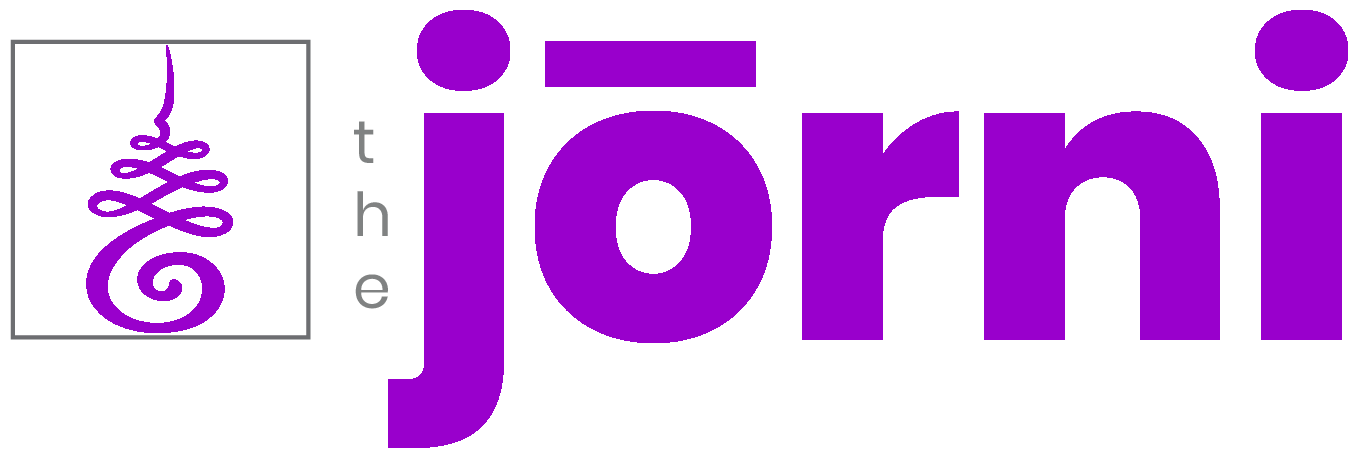STRESS RECOVERY STYLE
STRESS RECOVERY STYLE
Please note that this questionnaire is for educational purposes only and is not intended to diagnose, treat, cure, or prevent any condition. The information provided by this questionnaire should not be considered medical advice and is not a substitute for consultation with a qualified healthcare professional. If you are experiencing significant distress or symptoms, please seek the advice of a licensed medical or mental health professional.
By participating in this questionnaire, you acknowledge that the results are not definitive and should not be used as a basis for any form of self-diagnosis or self-treatment. Always consult with a healthcare provider for any health concerns you may have.
This questionnaire has been adapted from the following validated scale:
Sonnentag, S., & Fritz, C. (2007). The Recovery Experience Questionnaire: Development and validation of a measure for assessing recuperation and unwinding from work. Journal of Occupational Health Psychology, 12(3), 204–221. https://doi.org/10.1037/1076-8998.12.3.204
Take a look at the statements below and rate each statement on a scale from 0-4.
0 = Not at all true, 1 = Slightly true, 2 = Moderately true, 3 = Very true, 4 = Extremely true
- 1After a stressful event, I engage in activities to distract myself.
- 2I use relaxation techniques to unwind from stress.
- 3I seek out learning experiences to master new skills after stressful periods.
- 4I make sure to have control over my time and activities when I am recovering from a stressful day or event.
- 5I mentally distance myself from work or stressors during free time.
- 6Physical exercise helps me recover from stress.
- 7I find talking to others helpful in managing stress.
- 8Creative activities help me unwind after stressful periods.
- 9I prefer to be alone when recovering from stress.
- 10I actively plan my recovery time to ensure I destress effectively.
When you are done, look at the items you scored the highest, to identify your preferred stress recovery styles.
Read below for the different stress recovery styles and what they mean.
Psychological Detachment
Psychological detachment involves mentally disengaging from stressors during your downtime. This applies to work-related stress for those employed, but also extends to any persistent stressors in life, such as family responsibilities, personal projects, or ongoing life challenges.
For individuals experiencing Functional Freeze, psychological detachment is crucial, regardless of employment status. When in a state of Functional Freeze, people often remain mentally tethered to their stressors even when physically removed from them. This could be ruminating about work for those employed, or for others, it might involve constant worry about family issues, financial concerns, health problems, or other persistent life stressors.
This constant mental engagement perpetuates the stress cycle and deepens the freeze response. Practicing psychological detachment can help break this cycle, allowing the mind to truly rest and recover. This mental break potentially enables individuals to reconnect with emotions that may have been suppressed in the freeze state.
Techniques for psychological detachment might include:
For those without traditional employment, this might mean setting aside specific times where you don't engage with your primary stressors, whether they're related to caregiving, personal projects, or other responsibilities.
Research by Sonnentag and Fritz (2014) shows that psychological detachment is positively related to wellbeing and negatively related to psychological strain and health complaints. For those prone to Functional Freeze, cultivating this skill can be a powerful tool in preventing and recovering from freeze states.
Relaxation
Relaxation as a recovery style involves activities that reduce physical and psychological activation. This goes far beyond feeling relaxed and encompasses specific techniques to activate the body's relaxation response.
Especially if you are experiencing Functional Freeze, relaxation techniques can be particularly beneficial. Functional Freeze often involves a disconnect between high internal stress and outward functionality. Relaxation practices can help bridge this gap, allowing you to reconnect with their bodies and reduce overall stress levels.
Effective relaxation techniques might include:
Brosschot et al. (2016) found that relaxation effectively reduces stress-related physiological activation. For those in Functional Freeze, consistent relaxation practice can help lower baseline stress levels, making it easier to recognize and respond to stress signals before they lead to a freeze state.
However, it's important to note that for some individuals in deep Functional Freeze, traditional relaxation techniques might initially feel challenging or even increase anxiety. In these cases, starting with different techniques, or very short periods of relaxation and gradually increasing duration can be helpful.
Mastery
Mastery as a recovery style involves engaging in challenging activities that provide a sense of achievement. These are often unrelated to the primary source of stress and allow you to develop new skills or improve existing ones.
For those prone to Functional Freeze, mastery experiences can be particularly powerful. Functional Freeze often involves feeling stuck or powerless in the face of overwhelming stress. Engaging in mastery activities can help restore a sense of control and capability.
Examples of mastery experiences might include:
Research by Newman et al. (2014) indicates that mastery experiences increase self-efficacy and raise your mood. For individuals in Functional Freeze, this boost in self-efficacy can be crucial in breaking the cycle of perceived helplessness that often accompanies the freeze state.
Mastery experiences also provide a healthy form of distraction, allowing you to mentally disengage from stressors while still feeling productive and accomplished. This can be especially beneficial for those who find it difficult to relax without feeling guilty.
Control
Control as a recovery style refers to having autonomy over your leisure time and activities. It involves the ability to decide what to do, when to do it, and how to do it during non-work hours or personal time.
For individuals prone to Functional Freeze, a sense of control can be particularly important. Functional Freeze often develops in situations where you feel a lack of control over stressors. By actively exercising control over free time, you can counteract this feeling of powerlessness.
Ways to exercise control might include:
Sonnentag and Fritz (2007) found that control over leisure time is associated with better psychological detachment and lower emotional exhaustion. For those in Functional Freeze, this sense of control can provide a much-needed respite from the feeling of being overwhelmed by external demands.
However, it's important to note that for some individuals, too many choices can be overwhelming. In these cases, creating a structured menu of enjoyable activities to choose from can provide a sense of control without inducing decision fatigue.
Social Support
Social support as a recovery style involves seeking connection and support from others. This can include emotional support, practical help, or simply enjoyable social interaction.
For individuals experiencing Functional Freeze, social support can be a crucial lifeline. Functional Freeze often involves emotional numbing and disconnection from others. Actively seeking social support can help combat this isolation and provide external perspectives on stressful situations.
Forms of social support might include:
A meta-analysis by Viswesvaran et al. (1999) showed that social support buffers against stress and its negative outcomes. For those in Functional Freeze, social connections can provide emotional resonance that may be lacking internally, helping to 'thaw' the freeze response.
However, it's important to recognize that for some individuals in Functional Freeze, social interaction might initially feel overwhelming. Starting with small, manageable social engagements and gradually increasing exposure can be a helpful approach.
Remember, these recovery styles are not mutually exclusive. A balanced approach incorporating elements of each style can provide the most comprehensive support for you, if you are dealing with or are prone to Functional Freeze.
References
Brosschot, J. F., Verkuil, B., & Thayer, J. F. (2016). The default response to uncertainty and the importance of perceived safety in anxiety and stress: An evolution-theoretical perspective. Journal of Anxiety Disorders, 41, 22–34. https://doi.org/10.1016/j.janxdis.2016.04.012
Newman, D. B., Tay, L., & Diener, E. (2014). Leisure and subjective well-being: A model of psychological mechanisms as mediating factors. Journal of Happiness Studies, 15, 555–578. https://doi.org/10.1007/s10902-013-9435-x
Sonnentag, S., & Fritz, C. (2007). The Recovery Experience Questionnaire: Development and validation of a measure for assessing recuperation and unwinding from work. Journal of Occupational Health Psychology, 12(3), 204–221. https://doi.org/10.1037/1076-8998.12.3.204
Sonnentag, S., & Fritz, C. (2014). Recovery from job stress: The stressor-detachment model as an integrative framework. Journal of Organizational Behavior, 36(S1), S72–S103. https://doi.org/10.1002/job.1924
Viswesvaran, C., Sanchez, J. I., & Fisher, J. (1999). The role of social support in the process of work stress: A meta-analysis. Journal of Vocational Behavior, 54(2), 314–334. https://doi.org/10.1006/jvbe.1998.1661

